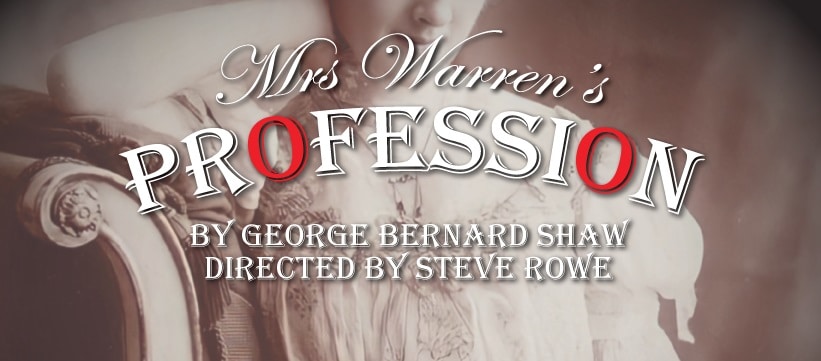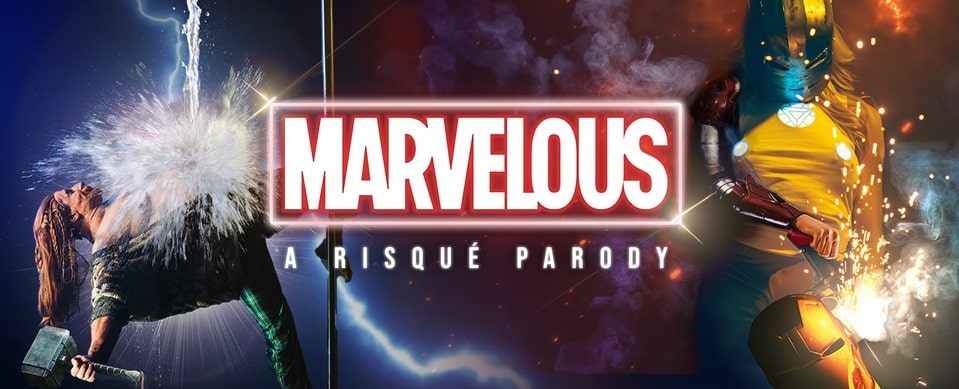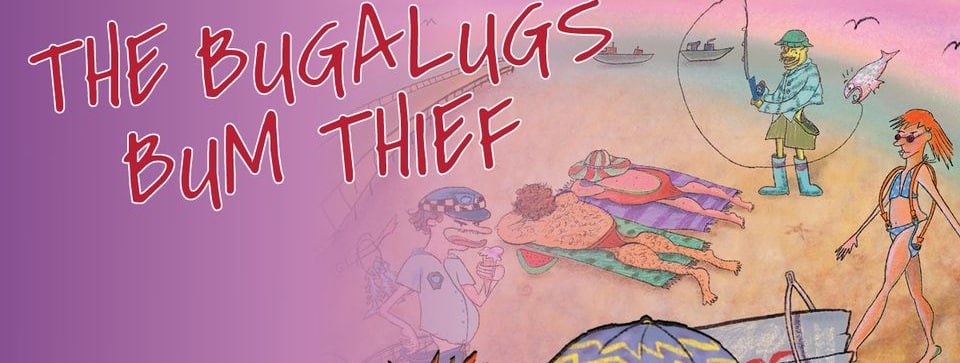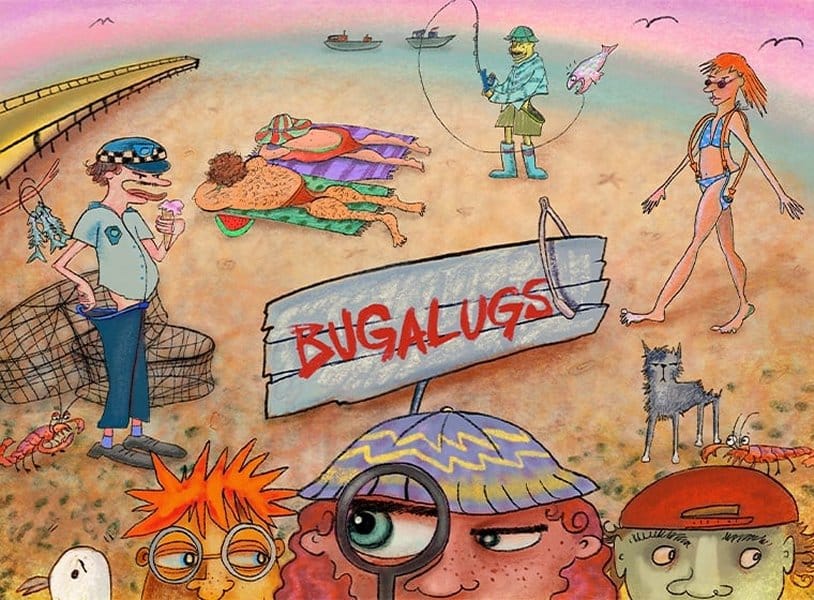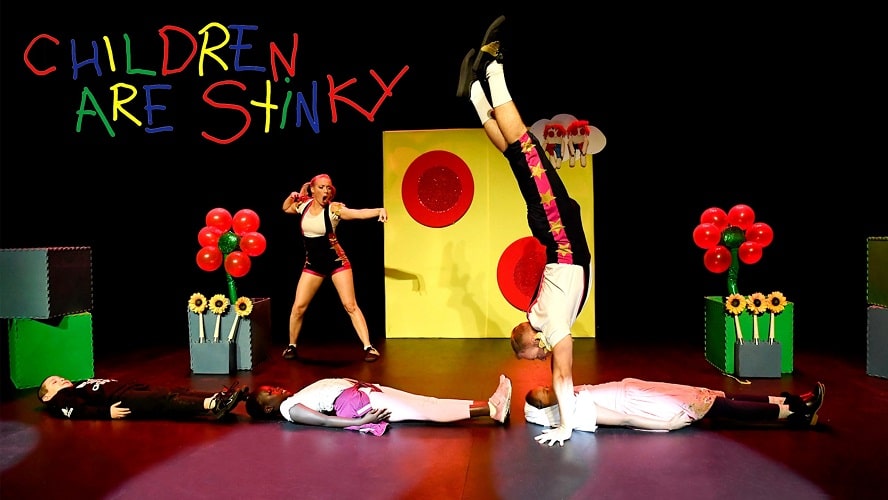Mrs. Warren’s Profession, written by George Bernard Shaw in 1893, remains provocative and compelling. This latest revival at Castle Hill Pavilion Theatre breathes new life into Shaw’s critique of society and the limited choices available to women. The opening night on July 26 saw a packed house transported back in time.
The play centres around the relationship between Mrs. Warren, a former prostitute turned successful brothel owner, and her daughter, Vivie, a modern young woman, initially unaware of her mother’s past. The production cleverly places contemporary themes in a Victorian setting, making Shaw’s social commentary timeless.
Daisy Alexis delivers a standout performance as Vivie Warren, portraying her struggle to accept her mother’s choices while maintaining her own principles. The scenes between Vivie and her mother Mrs. “Kitty” Warren (portrayed by Paula Searle) crackled with tension and emotion. These performances were impressive, and I would gladly watch these two actors again.
The supporting cast is equally strong. Christopher Clark shines as Sir George Crofts, a businessman whose relationship with Mrs. Warren complicates the narrative further. Dave Went as Praed, the artist and Jem Rowe as Frank Gardner, Vivie’s charming but lazy suitor, provide moments of insight. Jeremy Johnson brings humour in his portrayal of Rev. Samuel Gardner.
The late Victorian era was effectively evoked through the set design by Maureen Cartledge and costumes by Leone Sharp. The costumes seem period-accurate and enhance the characters’ personalities and social statuses.

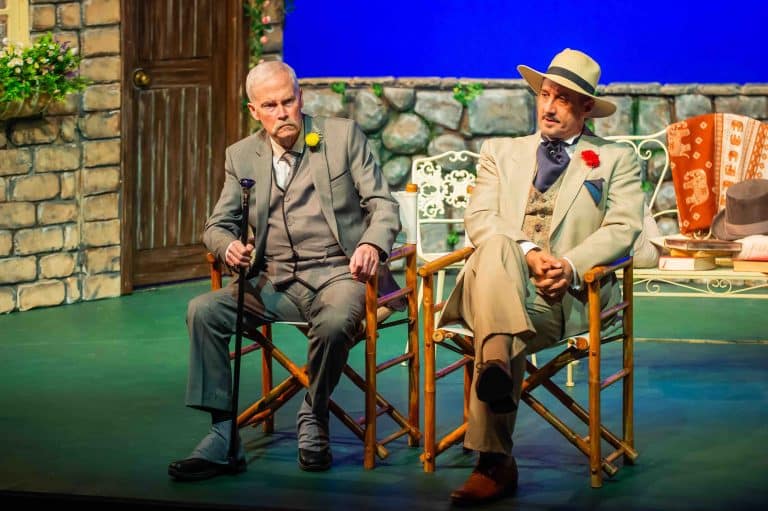
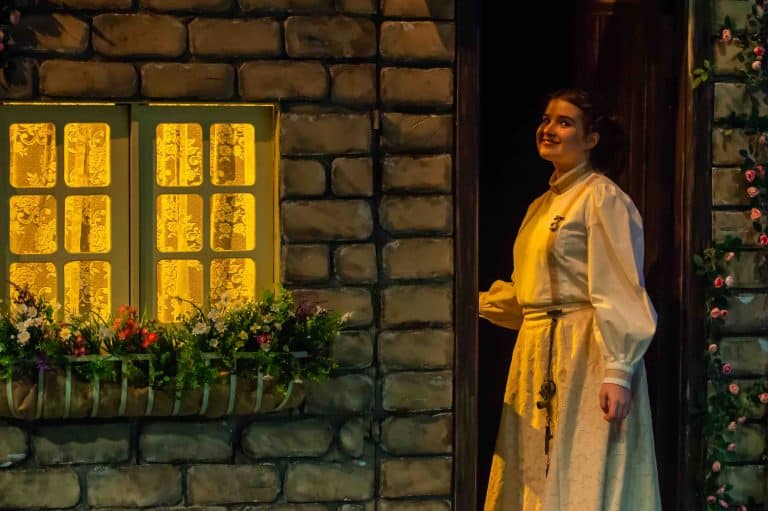
Lighting by Madhavi Shankarling and Mark Dawson underscores the play’s shifting moods, while sound designer George Cartledge uses period music to immerse the audience in the world of the play. These elements altogether enhance the audiences experience and provide a glimpse into the Victorian era.
Director Steve Rowe deserves praise for taking on Mrs. Warren’s Profession as his first production. Shaw’s critique of society and the exploitation of women is presented with clarity and conviction, making the audience reflect on how much—and how little—has changed since the play was written all those years ago.
The four-act theatre production is well-paced and keeps audience members engaged and entertained. The cast delivered the script beautifully, providing some laughs as well as moments of shock.
Overall, this production of Mrs. Warren’s Profession is a triumph. It is thought-provoking, engaging and beautifully executed. Although this audience demographic was older, this play can engage younger viewers and is a production that is not to be missed.
Mrs. Warren’s Profession continues to play at Castle Hill Pavilion Theatre until August 17.
